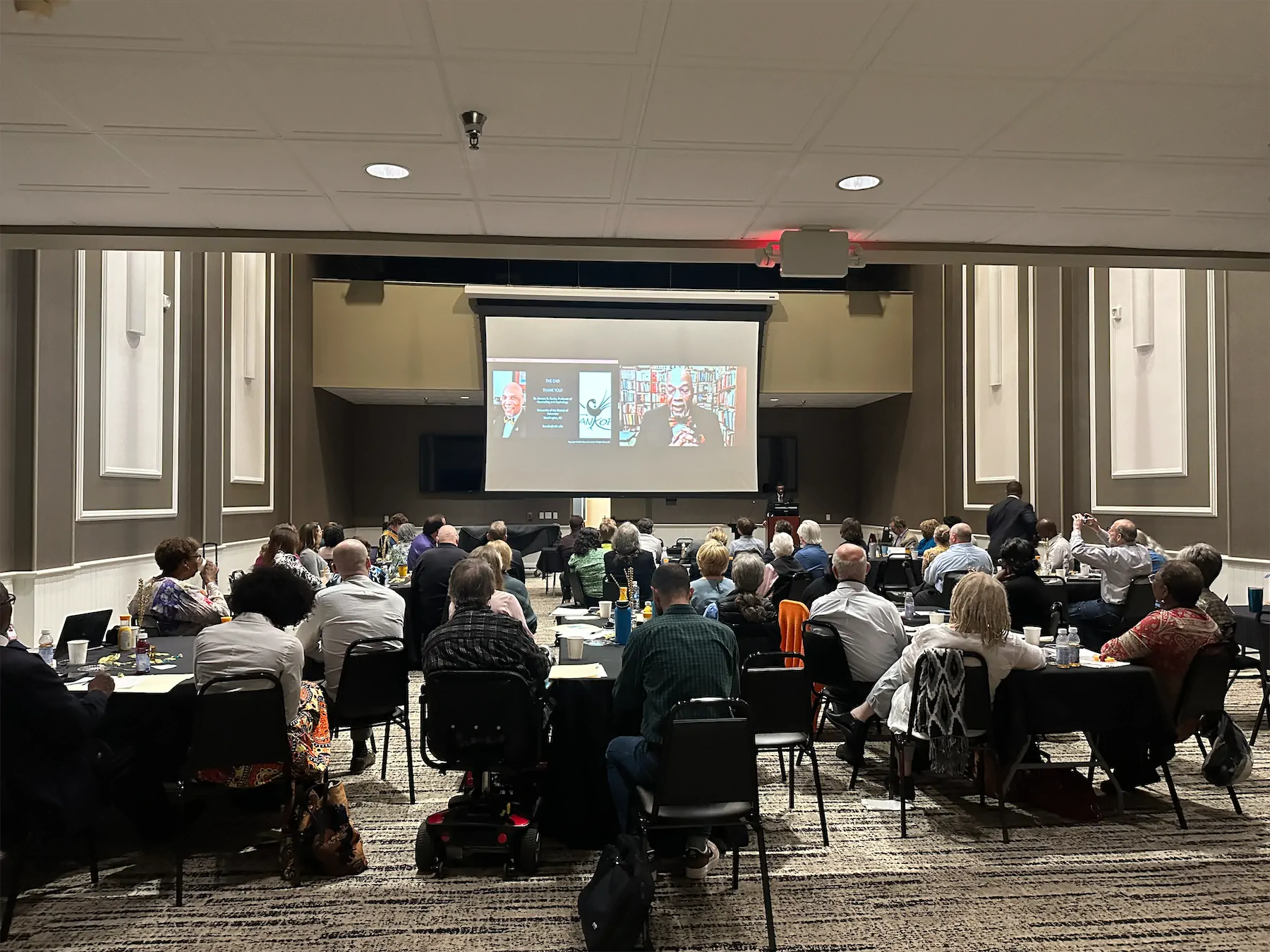Last summer, I participated in a capital trial in Vance County for Ty Hargrove, a Black man who had lived in Vance his whole life. As a young Black lawyer with family roots only an hour away from Vance, I was excited to return to the South to practice law after graduating from law school in 2021. But I was also apprehensive about the culture and prejudices I expected to face practicing in more rural counties like this one. In this case, I was the only Black attorney. The judge, prosecutor, and other defense attorneys were all white.
My first time in the courthouse, I noticed the lobby featured a giant portrait and accompanying bust of former North Carolina Governor Zebulon Vance, the county’s namesake. I knew that Vance was a Confederate soldier, staunch defender of slavery, and an avowed racist who argued strongly against emancipation.
As a capital defense attorney, I am acutely aware of how the death penalty disproportionately affects Black men and is a part of the legacy of racism and white supremacy that people like Zebulon Vance stood for. The sight of Vance’s image in a courthouse where my client’s fate would be determined was deeply troubling.
